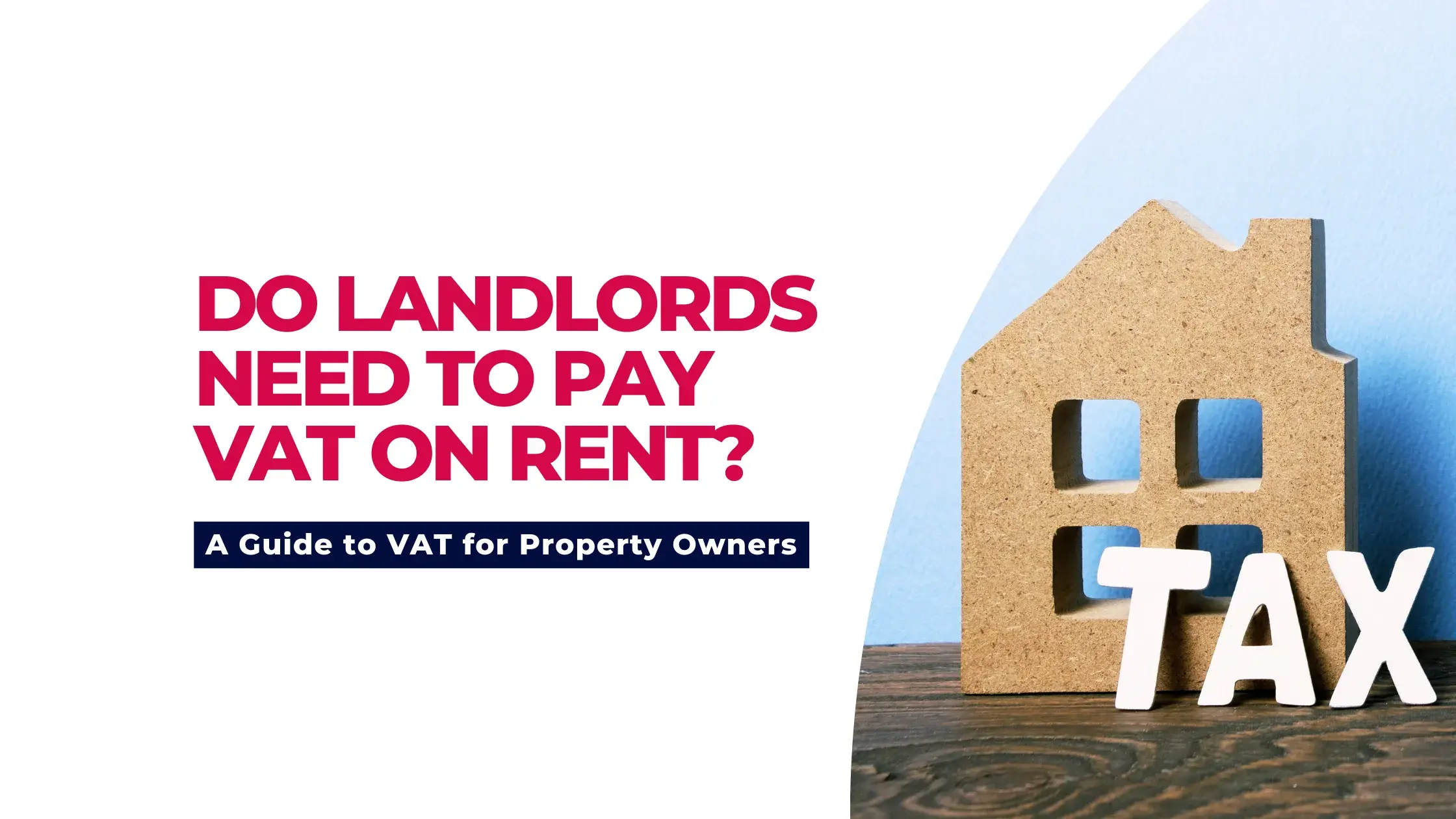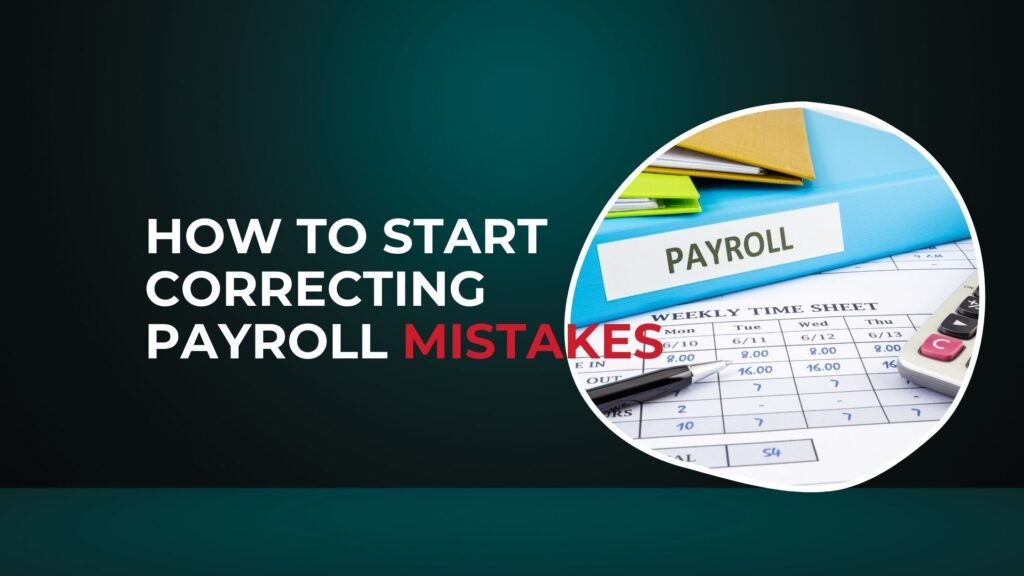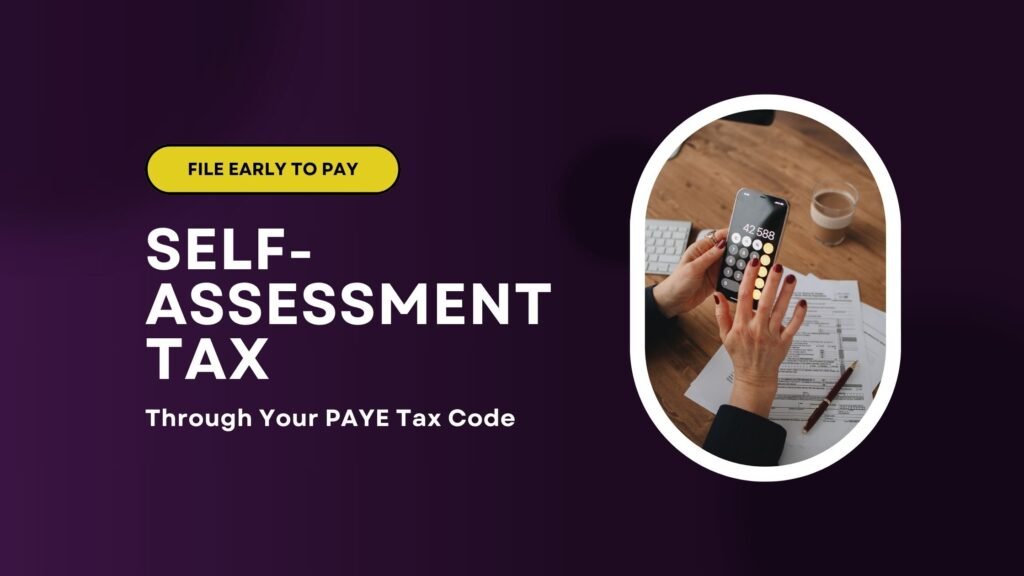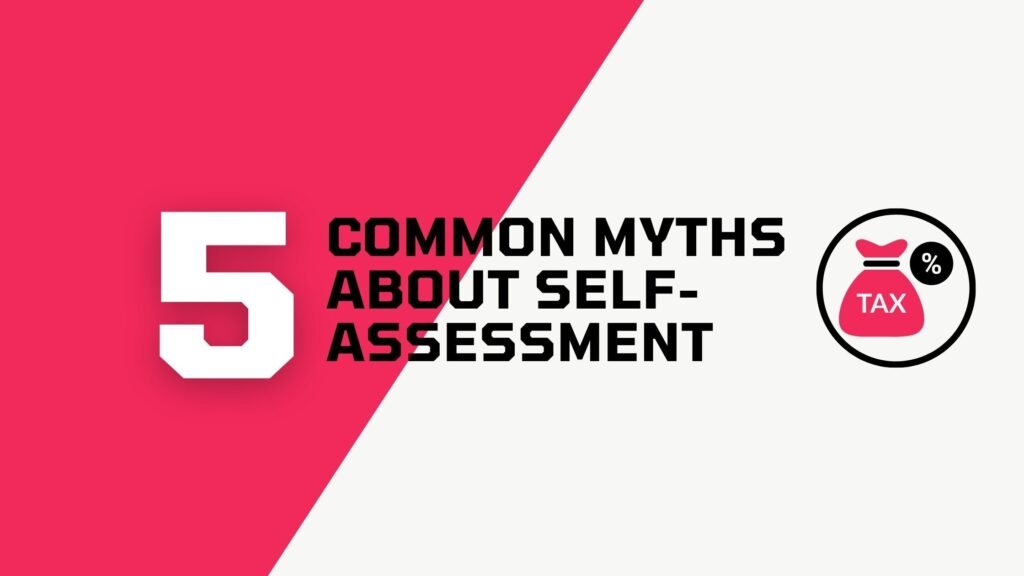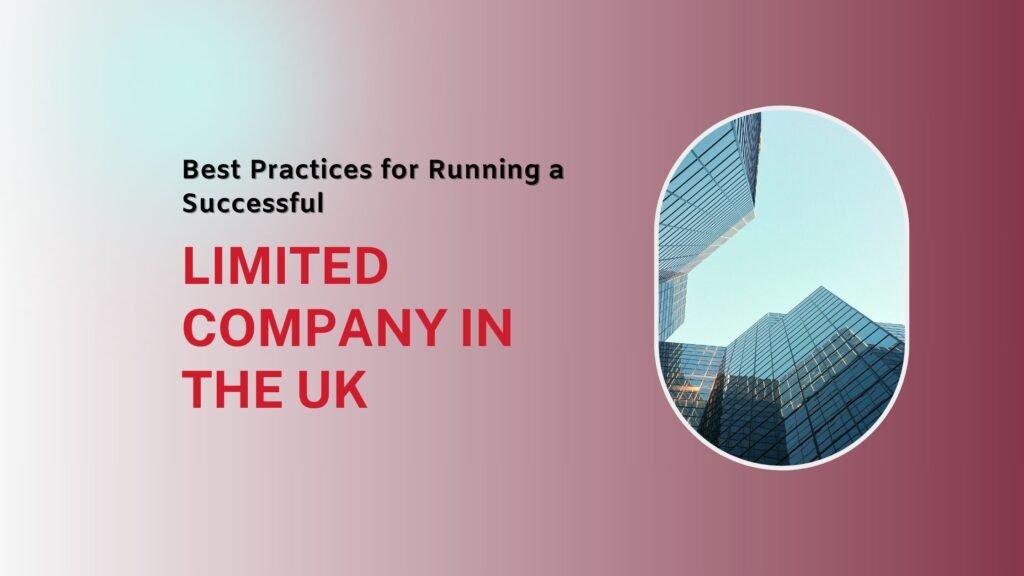Many UK landlords and Airbnb hosts worry about charging the wrong amount or missing a rule. Long term rent often does not have VAT. Short stays can have VAT like a hotel. Commercial rent can change if you choose to charge VAT on the property, which is called the option to tax. Add the rolling VAT threshold, and it can feel like guesswork. In this guide, you will learn exactly when VAT on rental income applies in the UK and when it does not, how the rules differ for homes and shops, what the VAT threshold means, and what to do in common cases like Airbnb or when you choose to charge VAT on a property.
Understanding VAT on Rental Income in the UK
For landlords, the supply is the use of land or accommodation. Whether you add VAT to rent depends on how the law classifies that supply.
- Taxable supplies: You charge VAT when you are registered, and you may reclaim VAT on related costs.
- Exempt supplies: You do not charge VAT, and you usually cannot reclaim VAT on costs linked to that income.
How VAT on rent works:
- Residential letting is usually an exempt supply of land used as a home.
- Holiday-type stays and serviced accommodation are treated more like hotels and are taxable when you are registered.
- Commercial property is exempt by default, but you can choose to charge VAT by making an option to tax on that property.
VAT on Residential vs Commercial Property
This quick table shows when rent is exempt, when VAT applies, and what counts toward the threshold.
Scenario | Usual VAT treatment | Counts toward VAT threshold | Input VAT on related costs |
Residential letting on long stays | Exempt. | No | Usually not recoverable. |
Serviced accommodation and holiday lets | Taxable at the standard rate when registered. | Yes | Usually recoverable if costs relate to the taxable lets. |
Commercial letting (default) | Exempt. | No | Usually not recoverable. |
Commercial letting after an option to tax | Taxable at the standard rate. | Yes | Often recoverable, if costs relate to the opted property. |
Commercial sales | Depends on the facts and any option to tax. | Often, yes, when taxable. | Depends on whether the sale is taxable or exempt |
Mixed-use portfolio | Mixed outcome. | Only the taxable part counts. | Partial exemption rules may apply, so apportionment is needed. |
Residential Letting Rules
If you grant the right to live in a dwelling as a home on a longer stay, the rent is usually an exempt supply of land. You do not add VAT to the rent, and this income does not count toward the VAT registration threshold.
What does exempt means for your paperwork:
- Do not add VAT to the rent.
- You can issue a normal rent demand, not a VAT invoice.
- VAT on related costs is usually not recoverable.
- If you have some taxable income as well, you may fall under partial exemption and need to apportion costs.
What normally stays exempt:
- Assured shorthold tenancies and similar long lets.
- HMOs where the rooms are let as a place to live.
- Basic services that go with the letting, such as building insurance recharges, common area lighting, or routine repairs.
Some rental situations can become taxable. Short stays that operate like hotel use may fall under VAT rules. If the property involves regular cleaning and linen changes for new guests, this can also count as a taxable service. Any extra services provided to occupants that go beyond a straightforward rental agreement may be subject to VAT.
Serviced Accommodation And Airbnb
Short stays that look like hotel use are treated as taxable supplies. This includes most Airbnb type lets, serviced apartments, and similar stays where guests come and go.
What points to a taxable stay:
- Short bookings with frequent changeovers.
- Furnished rooms or flats are marketed for holiday or short stay use.
- Added services like cleaning, linen, breakfast, or reception-style support.
- Let terms that read like a hotel rather than a home.
Short stay takings are taxable turnover and count toward your rolling twelve-month total. If you go over the threshold, you must register and charge VAT on future stays. See the VAT registration and thresholds section for the steps.
Opting to Charge VAT on Property (The Option to Tax)
You can “opt to tax” a specific property. After you notify HMRC, rent and most property-related charges for that building become taxable. In return, you can usually recover VAT on related costs such as purchase VAT, fit-out, repairs, agents, and legal fees. The option generally applies to that property for many years and is not easy to unwind, so decide before you sign leases or invoices.
Worked Example: Office Refurb
- You buy and refurbish an office. Refurb invoices include £240,000 VAT.
- Without an option to tax, rent is exempt; you do not reclaim the £240,000.
- With an option to tax: you charge VAT on the rent and you can reclaim the £240,000 (subject to normal rules). If your tenant is VAT registered, they may reclaim the VAT you charge, making the choice workable for both sides.
Important Considerations:
- Once you opt to tax a property, the choice usually binds future deals linked to it.
- The option can be disapplied in some cases (for example, grants of dwellings, or certain charity use), so you may not be able to charge VAT even if you opted.
- Get the lease wording right: include VAT clauses for rent, service charges, and rent reviews.
- Keep clear evidence of the option and the date you notified HMRC before issuing VAT invoices.
Final Thought
VAT on rent gets much simpler once you pin down the property type and how it is used. Map each property, check which income lines are exempt or taxable, and watch your rolling total against the threshold. Decide on registration and any option to tax before you sign the new terms.
